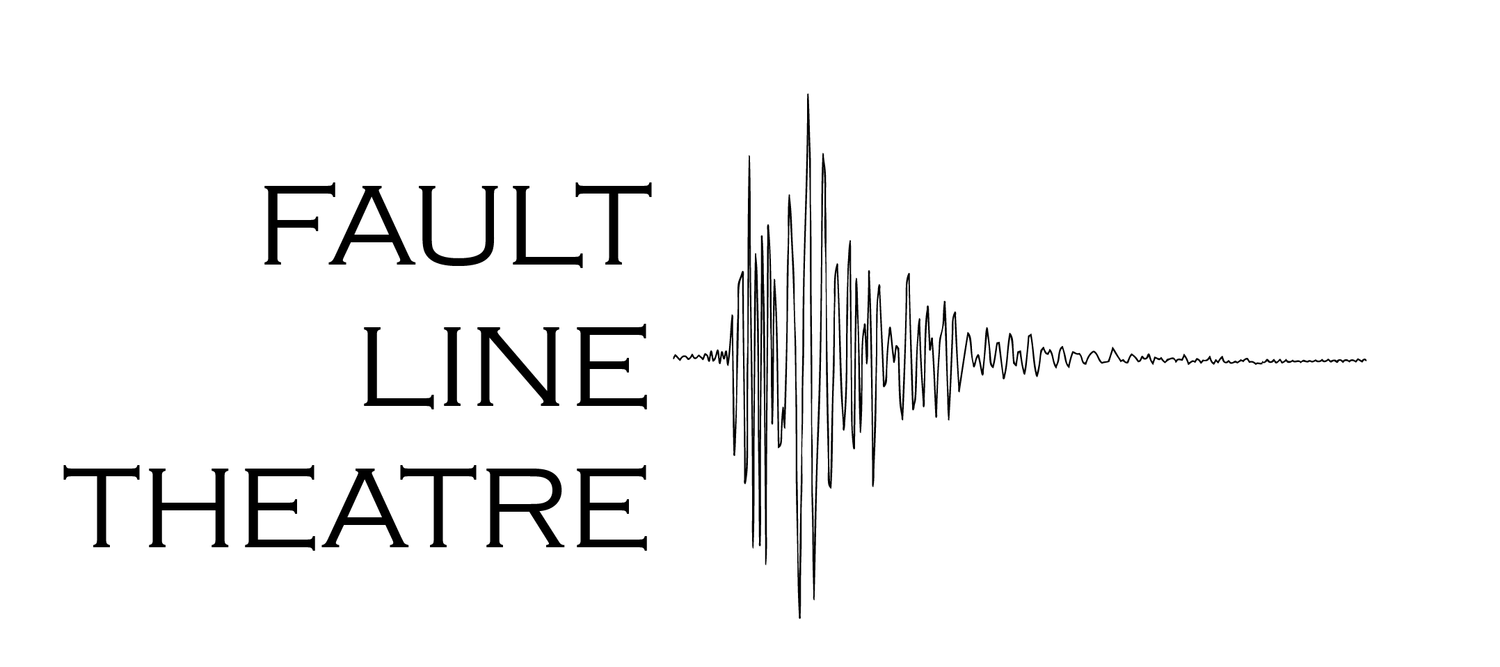We're so excited with the review for From White Plains today from the New York Times! Check it out below:
Being Bullied, Getting Even and Maybe Going Too Far
By Claudia La Rocco
In some ways the real action in From White Plains takes place before the first scene. And it’s intense: violent childhood bullying, a suicide resulting at least partly from that bullying, and the winning of an Oscar by a filmmaker who endured the harassment.
Yet this briskly moving and finely acted play, directed and written (in collaboration with its cast) by Michael Perlman, bristles with suspense. There are lives hanging in the balance here, playing out in arenas both painfully intimate and glaringly public.
The 90-minute drama begins just after Dennis (Karl Gregory) has used his Oscar speech to out the tightly wound Ethan (Aaron Rossini) as the homophobic bully from his past. Ethan and his mild friend John (Craig Wesley Divino) see the telecast, as does presumably almost everyone in Ethan’s life; his smartphone lights up, a prelude to the ways in which technology and social media will enable and engorge his sparring with Dennis.
The fiercely outspoken Dennis, you see, is just getting started in his campaign for justice — or, as his boyfriend, Gregory (played with strikingly sad diffidence by Jimmy King), begins to comprehend with horror, for vengeance. Tristan Jeffers’s minimalist set allows the play to move quickly among the characters’ apartments, as Dennis grows increasingly wrathful and Ethan’s life falls apart. Most difficult among Ethan’s many losses is his sense of himself as a decent person.
This, for Dennis, is only fitting; as he uses his fame to go after Ethan, the roles of bully and victim are somewhat reversed, and Gregory soon enough grows sympathetic to Ethan’s pain even as John relates to Dennis’s deep wounds. Though the conceit of mirrored relationships is a bit labored, the emotions coursing through these men are gripping, as are the more complex sociopolitical issues “From White Plains” courts, like a gay couple at odds over assimilation versus resistance to cultural norms and biases.
The narrative’s drive toward a cathartic climax somewhat overwhelms these more nuanced threads. But not entirely. “From White Plains” ends softly, with the sense that the ripples from this long-past violence will continue moving outward for a long time to come.

